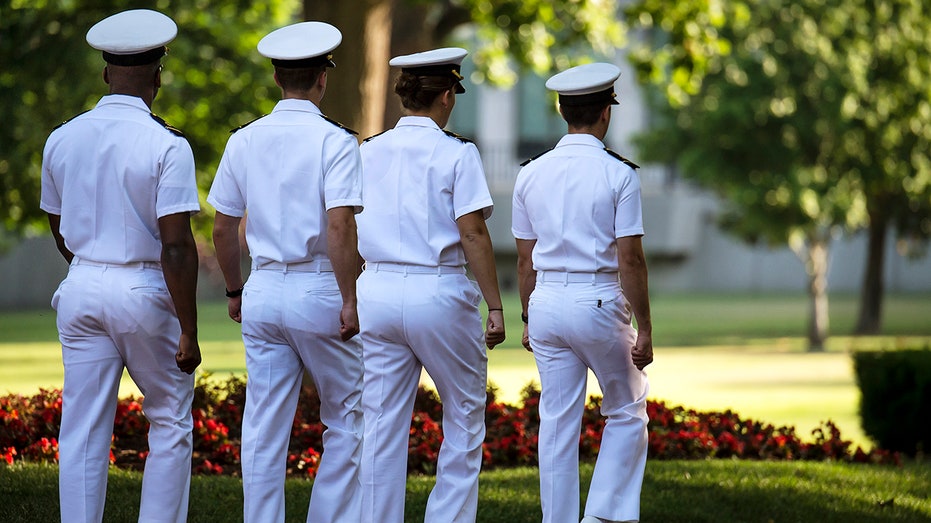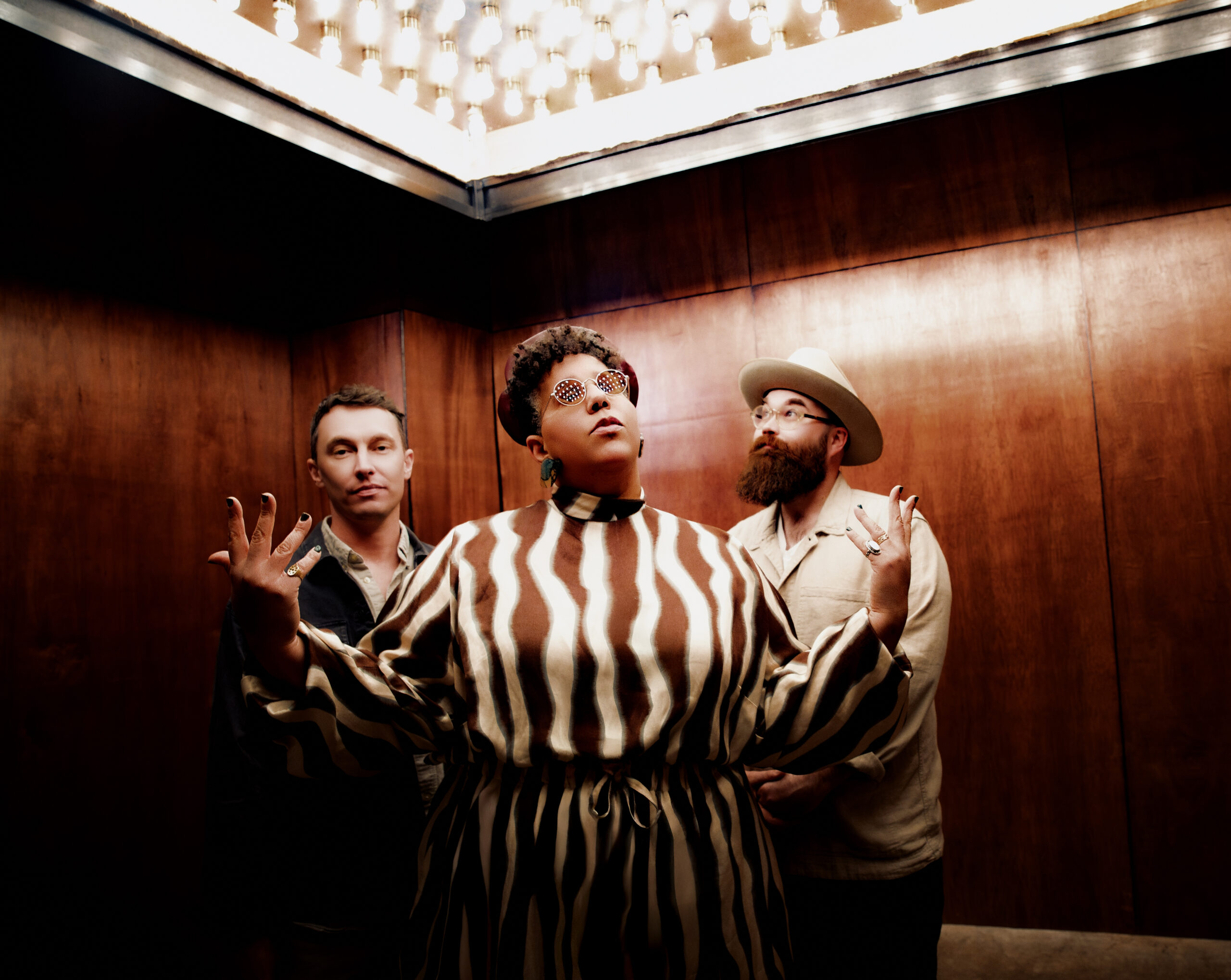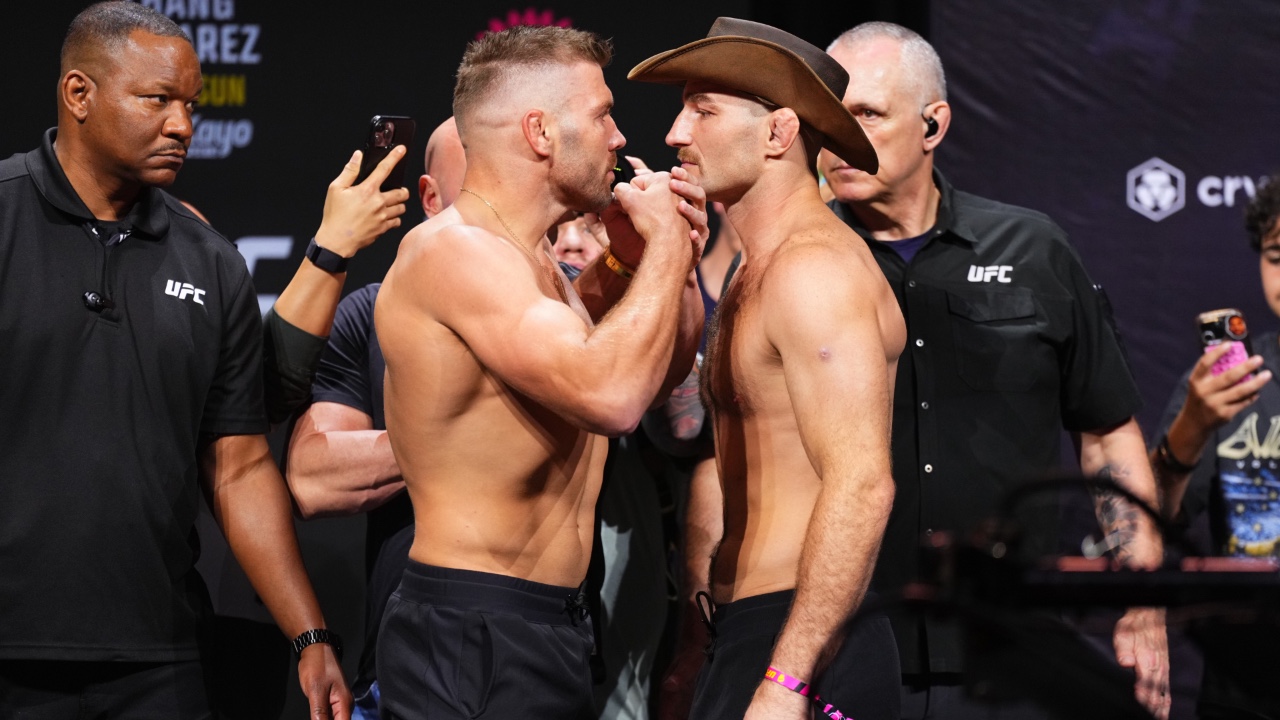NCAA bans transgender athletes from women’s sports
(This is my 29,994th post, so we’ll reach 30,000 by the end of the weekend. I don’t know what to think about that!) I think we all know now that most Americans, and a majority of individuals in both Democratic and Republican parties, oppose the participation of trans-identified males in women’s sports, presumably on the … Continue reading NCAA bans transgender athletes from women’s sports

(This is my 29,994th post, so we’ll reach 30,000 by the end of the weekend. I don’t know what to think about that!)
I think we all know now that most Americans, and a majority of individuals in both Democratic and Republican parties, oppose the participation of trans-identified males in women’s sports, presumably on the grounds of their athletic advantages (particularly if they transition after puberty) and because a prohibition represents simple fairness to women. Here’s a CNN tweet giving the data (the NYT article below says that 94% of Republicans and 67% of Democrats don’t think that trans-identified males should compete in women’s sports).
CNN: “You rarely get 79% of the country to agree on anything — but they do, in fact, agree on the idea of opposing” men in women’s sports.
— Election Wizard (@ElectionWiz) February 6, 2025
And I guess I’ll have to give the usual disclaimer next: while I didn’t vote for Trump and see him as a narcissist with a personality disorder, I don’t believe that everything he has done or will do is necessary reprehensible. (I have several friends who think that.) For example, the action described in the NYT article below (click to read, or find it (archived here) seems to be a good one, the result of an executive order by Trump. As the headline says, the NCAA, dealing with college sports, has now excluded transgender athletes (meaning in this case trans-identified men, sometimes called “trans women”) from participating in women’s sports in college. It does not exclude trans-identified women (aka “trans men”) from men’s sports, though World Rugby has done that to prevent biological women from being injured by more powerful men.
I’ll give a few quotes below from the NYT piece. Of course the NCAA’s decision, and Trump’s order in particular (linked below), has faced the usual pushback: e.g., it’s transphobic, there are very few trans-identified men trying to compete in women’s sports, and so on. And I do think we need a solution for those trans-identified men who want to compete in sports. That may mean they compete in men’s sports, or even in an “open” category, but surely everyone who wants to do sports deserves a chance to participate. It’s just that for some trans people, that place is not in women’s sports:
An excerpt:
Transgender women will be barred from competing in N.C.A.A. women’s college sports, the sports organization announced on Thursday, a day after President Trump effectively forced the decision by reversing federal policy.
That decision, effective immediately, followed Mr. Trump’s signing of an executive order asking his agencies to withdraw federal funding from educational institutions if they defied him and let transgender girls and women compete.
“We strongly believe that clear, consistent and uniform eligibility standards would best serve today’s student-athletes instead of a patchwork of conflicting state laws and court decisions,” Charlie Baker, the president of the N.C.A.A., said in a statement. “To that end, President Trump’s order provides a clear, national standard.”
The N.C.A.A.’s previous policy on transgender athletes left the decision up to each sport’s national governing body. The rules varied by sport, especially as to how much testosterone could remain in a transgender woman’s blood following hormone therapy. USA Volleyball, for instance, allowed an athlete to compete as a woman even with testosterone levels typical of many men. U.S. Rowing’s limit for college athletes was just one-fourth of volleyball’s.
The new policy limits women’s competition to athletes assigned female at birth, and covers all of the N.C.A.A.’s sports. Appearing before Congress last year, Mr. Baker said that there were fewer than 10 transgender athletes among the 500,000-plus students who play N.C.A.A. sports.
One problem here is the “assigned female at birth” designation. That definition of sex is not in Trump’s EO, which uses the gametic definition of sex, while sex recognized at birth is usually based on looking at genitalia. Thus Imane Khelif , the Tunisian boxer who won the gold medal in the women’s welterweight boxing class in the last Olympics, was recognized as a woman at birth, but was really an XY male with a disorder of sex development, and lived in Tunisia as a post-puberty man, something that would immediately have disqualified Khelif from the Olympics. As you see, the US is also pushing the Olympics to do what the NCAA did.
Some pushback from individuals on the NCAA’s rule.
“It’s like taking a bulldozer to knock down the wrong building,” said Suzanne Goldberg, a professor at Columbia University Law School and an expert on gender and sexuality law, adding that the policy distracts from the serious problem of girls and women not having equal opportunities in sports.
I’m not sure what she means about distracting from the problem of girls and women not having equal opportunity in sports, that is whataboutery since people are already working on that, and Title IX guarantees it. The other argumen—that there are too few trans-identified men wanting to compete with women to make it an issue—is a claim that doesn’t hold water, for it is fundamentally unfair, allows one biological mail to work injustice on many women, and, finally, the number of trans people is growing quickly.
There’s also the issue of how to find out if someone is competing unfairly, but given the ways you can study that (cheek swab, etc.), that is not a serious problem:
The order will affect more than transgender athletes, Ms. Goldberg said, adding that it might force women suspected of being transgender to answer invasive personal questions or undergo physical examinations.
What about the Olympics? Right now the IOC has punted on the issue, asking each sport to set its own rules, which itself is unfair and may lead to conflicting results. But the administration also has the Olympics in mind:
Mr. Trump’s executive order, titled “Keeping Men out of Women’s Sports,” is based on the administration’s interpretation of Title IX, the 1972 civil rights law prohibiting sex discrimination in educational programs that receive federal funding. Barring transgender girls and women from women’s sports was one of Mr. Trump’s campaign promises.
The order also directs the State Department to demand changes within the International Olympic Committee, which has left eligibility rules up to the global federations that govern different sports.
Finally, there are lawsuits in progress as well as many state rules prohibiting transgender athletes from competing based on their assumed gender identity:
Last March, a group of college athletes sued the N.C.A.A. for allowing [Lia]. Thomas to compete, saying her participation in a women’s event had violated their Title IX rights. And on Tuesday, three University of Pennsylvania female swimmers sued the school, the Ivy League and Harvard University, which hosted the 2022 Ivy League swimming championships. The lawsuit said Ms. Thomas’s participation in those championships and other Ivy League meets was an “illegal social science experiment” and that her competitors were “captive and collateral damage.”
Bill Bock, the swimmers’ lawyer, said in a statement that the institutions named in the suit sought “to impose radical gender ideology on the American college sports landscape.”
Mr. Bock also represents the female volleyball players who sued San Jose State University, the Mountain West Conference and others in November for allowing a transgender woman to play on San Jose’s team. Five volleyball teams boycotted matches last season against the school because of the player.
And:
Twenty-five states have barred transgender athletes from competing on teams consistent with their gender identity, according to the Movement Advancement Project, an L.G.B.T.Q. advocacy group that tracks legislation. Some of those laws, however, have been blocked while lawsuits against them make their way through the courts.
The prohibition of cross-sex competition in women’s sports seems to me a good thing, increasing fairness towards women. That still leaves the problem of how to deal with transgender athletes who want to compete in athletics. I’ve suggested several solutions before, but none of them involve allowing transgender athletes competing in women’s sports—with the exception of those sports in which men have no inherent athletic advantage over women. That may be true of equestrian sports, though I haven’t checked.











































































